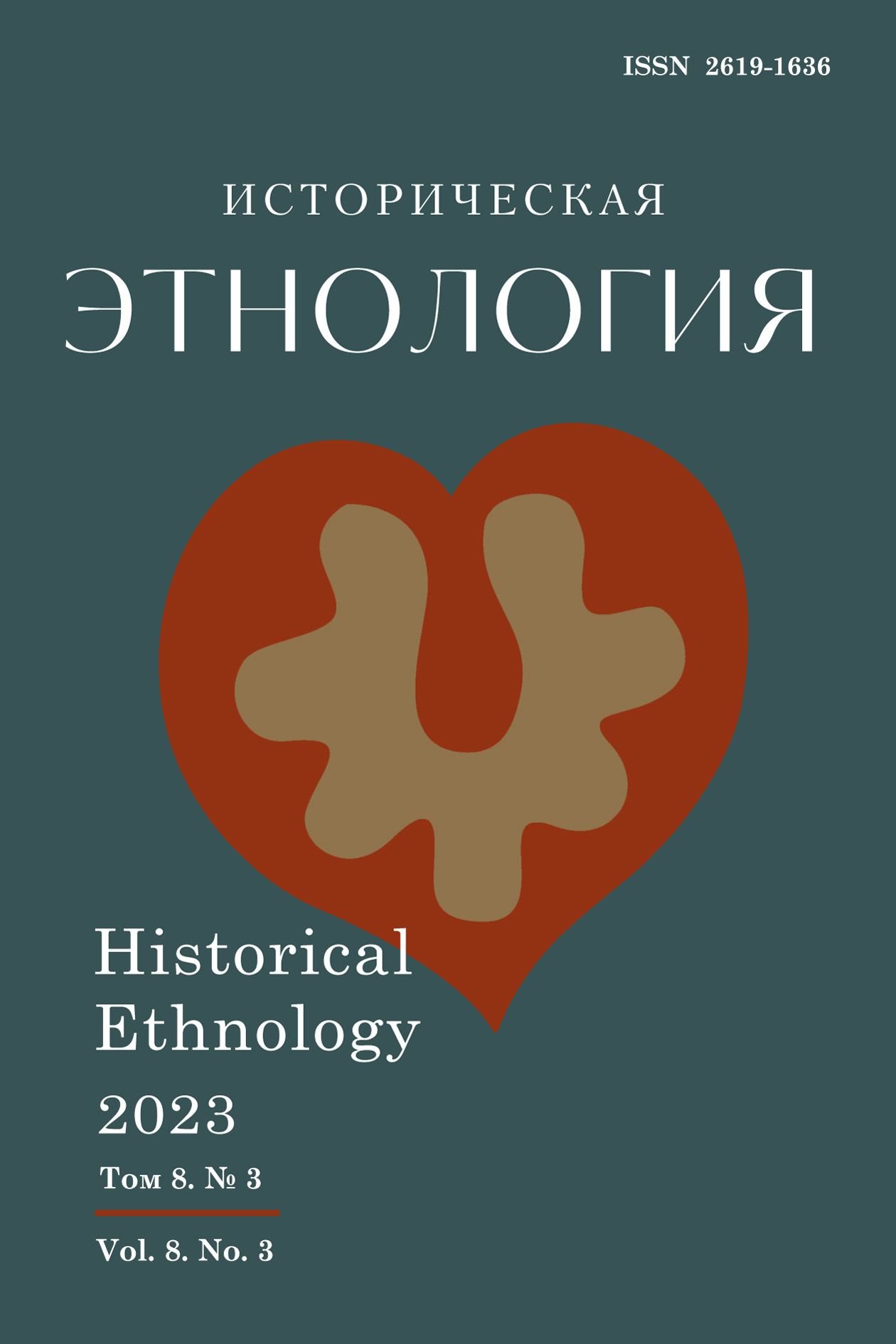
Main menu / 2023, vol.8, no.3 / Lohlker R.
The Kutadgu Bilig: some characteristics and its relation to the idea of rule Lohlker R.
389-393 p. doi.org: 10.22378/he.2023-8-3.389-393 Mirrors of princes are a specific genre of Islamic literature dedicated to giving advice to rulers, princes, and ministers. There are few mirrors that are composed in verse. The Kutadgu Bilig is modeled on the Persian Shāhnāme of the poet Firdawsi making the Central Asian heritage of wisdom literature at home in Islamic contexts. The text is written in Qarakhanid Turkish; the form is a didactic poem set as a dialogue between the protagonists. In a Weberian sense the program of advice may be analyzed as rational leadership due to the increasing role of shari’a-based rulership. However, there are other elements of legitimacy in this text blurring the clear distictions made by Weber. Hence, we may identify it as a unique, non-European case of legitimation of rulership. The Kutadgu Bilig are to be read as an attempt to secure the continuation of the Central Asian tradition in a context dominated by Iranian influences into Central Asia. The protagoists of this work are the king, the vizier, the wise man, and the ascet. All these actors are representing virtues needed for successful rulership. At the same time the roles of all the persons associated with the court are discussed even very personal ones like choosing a wife and raising children. Keywords: Kutadgu Bilig, mirrors of princes, Qarakhanid Turkish, rulership, Central Asia For citation: Lohlker R. (2023) The Kutadgu Bilig: some characteristics and its relation to the idea of rule. Istoricheskaya etnologiya [Historical Ethnology]. Vol. 8. No. 3: 389–393. DOI: 10.22378/he.2023-8-3.389-393 SOURCES AND MATERIALS Yūsuf Khāss Hājib. Wisdom of Royal Glory (Kutadgu Bilig): A Turko-Islamic Mirror for Princes. Dankoff R. (transl.). University of Chicago Press, Chicago, 1983. REFERENCES Aneer G. Kingship Ideology and Muslim Identity in the 11th Century as Reflected in the Siyāsatnāma by Nizām al-Mulk and in the Kutadgu Bilig by Yūsuf Khāss Hājib. In: The Middle East Viewed from the North: Papers from the First Nordic Conference on Middle Eastern Studies, Uppsala 26–29 January 1989, ed. by Bo Utas and Knut S. Vikør. Bergen: 1992, pp. 38–48. About the author: Rüdiger Lohlker, Dr., Professor for Islamic Studies, Institute of Oriental Studies, University of Vienna (Spitalgasse 2-4, 1090 Vienna, Austria); ruediger.lohlker@univie.ac.at
Received May 10, 2023 Accepted for publication October 2, 2023 Published Online December 4, 2023 |
Istoricheskaya etnologiya Historical Ethnology
Scientific journal







